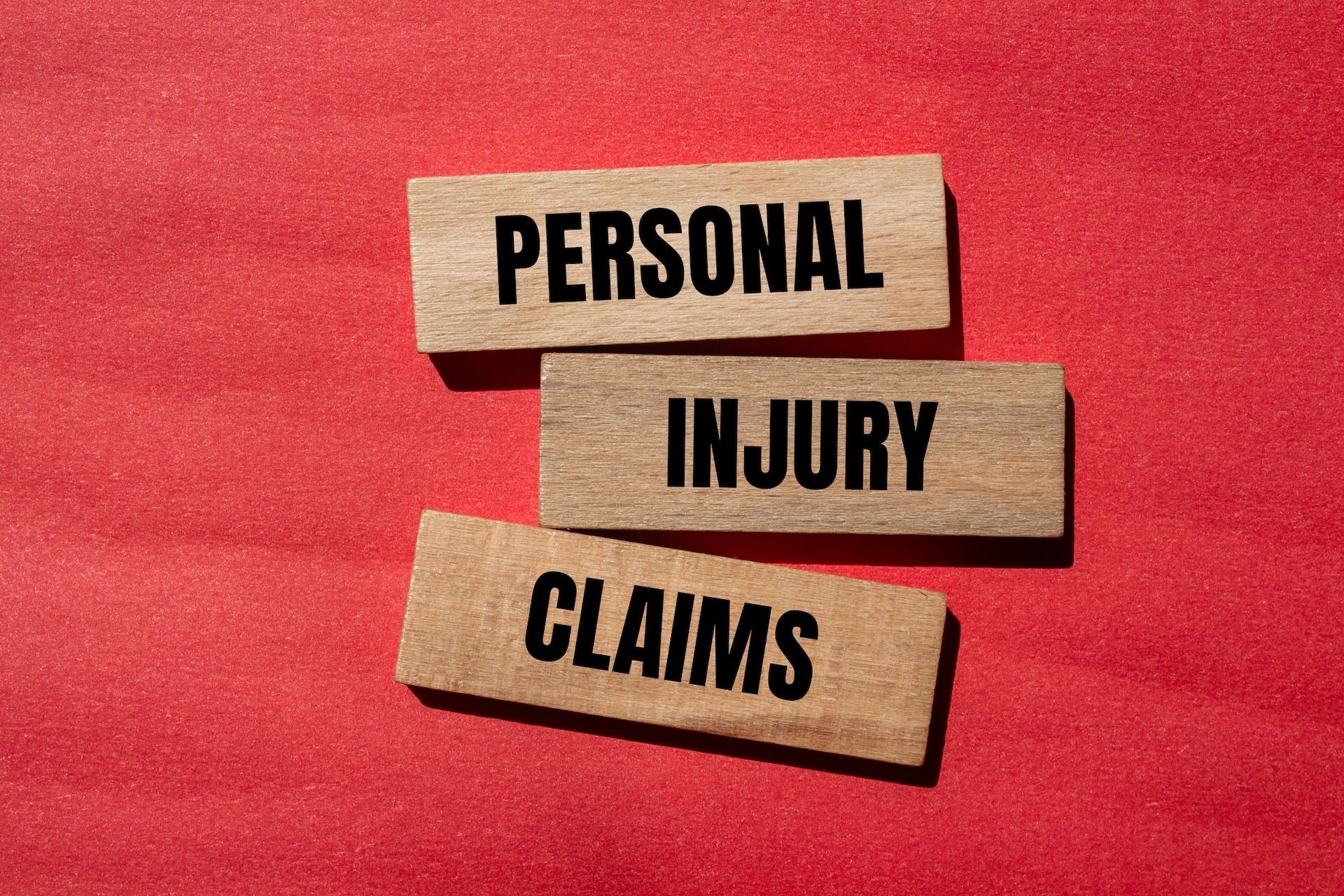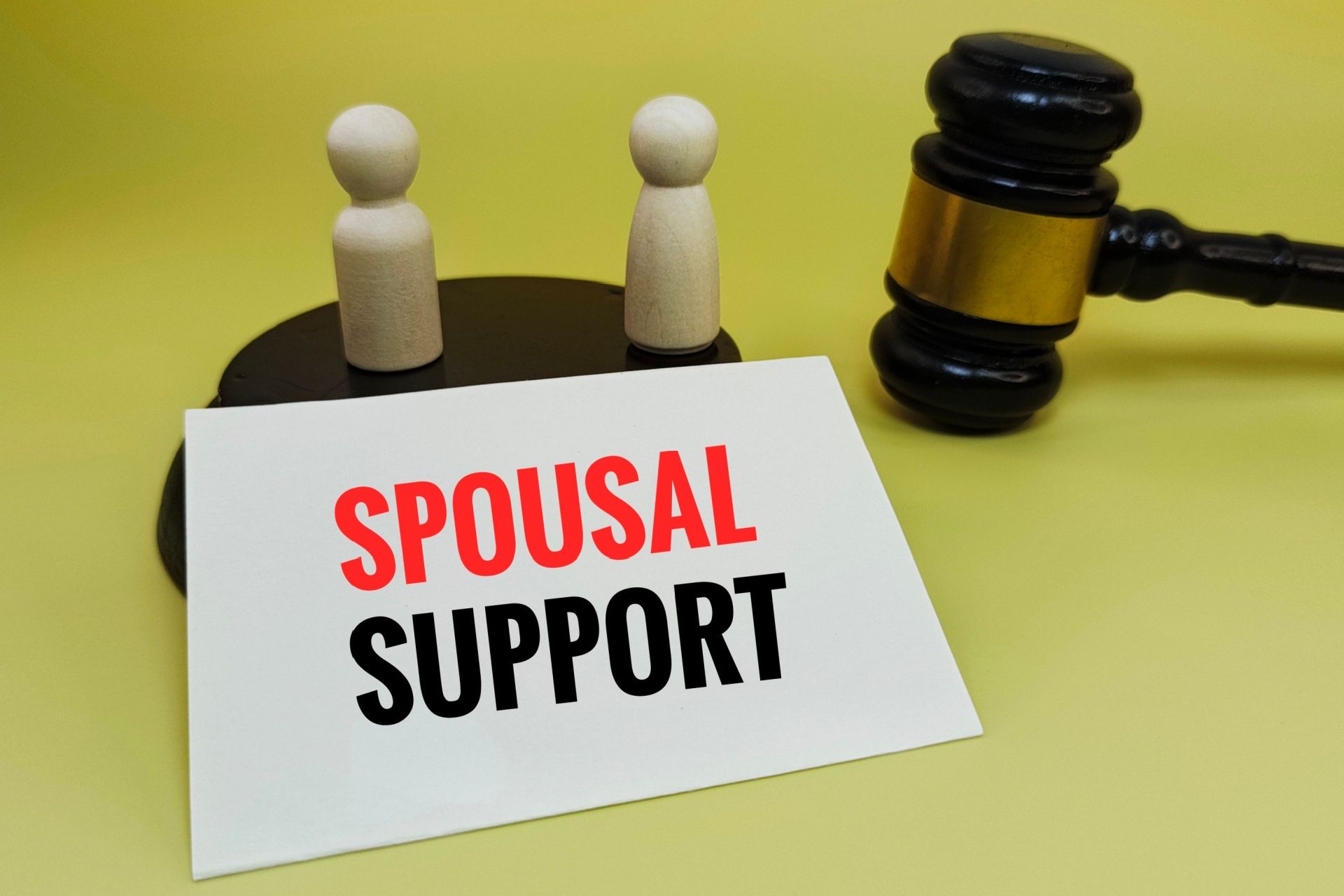Helping Clients Understand Vocational Evaluations

Lawyers might want a client to participate in a vocational evaluation for several reasons. In a personal injury case, a vocational evaluation provides an important building block for a claim of lost earning capacity. In a wrongful discharge case, a vocational evaluation can be used to defend against a mitigation of damages defense.
Vocational evaluations help prove or defend against imputation of income arguments in family law cases. They also help clients who are seeking certain kinds of disability or workers’ compensation benefits.
Clients are probably unfamiliar with the concept of a vocational evaluation. Here is some basic information that lawyers can use to answer their clients’ questions.
What Is a Vocational Evaluation?
A vocational evaluation assesses a client’s ability to earn income by working. Lawyers use vocational evaluations as evidence of a client’s capacity to work, either now or in the future. A vocational evaluation also provides evidence of the client’s diminished earning capacity after an injury.
Who Performs a Vocational Evaluation?
Trained vocational experts follow standard assessment techniques to perform vocational evaluations. Vocational experts typically have a master’s degree and relevant training that leads to a state or national certification.
Is a Vocational Evaluation Confidential?
The vocational expert will release the results of the evaluation to your attorney. To the extent permitted by law, the expert will not release the client’s private information to anyone else. The rules of discovery may require the client’s lawyer to disclose the evaluation report, and the expert may be required to testify in a deposition, if the lawyer retains the vocational expert to provide an expert opinion in litigation. The vocational expert will disclose the results only as required by law and after consulting with the client’s attorney.
How Is a Vocational Evaluation Conducted?
The vocational expert will usually begin by reviewing documents that are relevant to employability. The expert will either obtain those records from the client’s attorney or by using a release that the client’s attorney obtains from the client. Relevant records usually involve resumes, documents from employers’ personnel files, financial records that show earnings histories, educational records, job training records, military records, and other documents that are relevant to employability. If an injury has affected the ability to work since the client’s last employment, the vocational expert might also review medical records and functional capacity evaluations.
After completing a document review, the vocational expert will interview the client. In some cases, it might be preferable to begin the process with an interview and to review documents later, although a follow-up interview may be necessary to answer questions that arise during the evaluator’s document review.
The interview might cover work history, the reason for any employment terminations, job training, employment aspirations and career goals, education, life experiences, physical limitations, current living arrangements, and other topics that are relevant to employability. The client might also be asked about the details of any job search and the reasons that the client turned down job offers, if any. The vocational evaluator might also interview relatives, friends, caregivers, and former employers who have useful information about the client’s ability to function as an employee.
The vocational expert might administer one or more standardized vocational tests. These are not tests that the client passes or fails. They are assessment instruments that give the evaluator a better sense of the client’s interests, aptitudes, abilities, and attitudes. The expert will also assess the client’s work skills to determine which skills are transferrable to a different kind of employment that the client might be able to perform despite the limitations imposed by a disabling injury.
After gathering all pertinent information, the expert will survey the labor market to determine whether jobs are available in the client’s geographic area that the client has the ability and qualifications to perform. The expert might supplement standardized sources of labor market data with his or her own research into the specific labor market in which the client resides.
It is not unusual for the vocational expert to meet with client again after collecting all relevant information to share tentative conclusions. Getting feedback from the client helps the evaluator assure that the information is accurate. Clients also appreciate the opportunity to have full input into the evaluation.
The last step in the process is to prepare a report for the client’s lawyer. That report will state the expert’s conclusions about the client’s employability, including the likelihood that the client can or cannot return to previous occupations and an assessment of other jobs that the client will probably be able to perform.
How Should a Client Get Ready for a Vocational Evaluation?
Clients do not need to worry about preparing for vocational evaluations. Their lawyer will typically give them releases to sign so that the lawyer and/or the vocational expert can gather relevant documents. To that end, the client will need to furnish information to their lawyer about former employers, training programs, schools, and military service.
The client’s lawyer will typically obtain releases from the client for medical records. With the client’s permission, the lawyer will share relevant records (including functional capacity evaluations) with the vocational expert so that the expert can understand any physical or psychological limitations that impair the client’s ability to work.
The client might want to review those record before meeting with the vocational expert so that the client will come to the interview with a clear memory of his or her work history. However, the client does not need to worry about memorizing information. The evaluator can show records to the client as necessary to refresh the client’s memory. The interview is designed to obtain information that is not included in the records and to clarify ambiguities in the records. The vocational expert will not try to trick the client or to trap the client with “gotcha” questions.
What Does the Client Gain from Participating in a Vocational Evaluation?
A vocational evaluation creates evidence that will help the client’s lawyer prepare for litigation. The evaluation may assist settlement of the case. It will also help a jury understand the client’s damages if the case goes to trial.
On a more personal level, the evaluation will give the client insight into his or her job prospects. The evaluation might introduce the client to new career ideas that the client had not previously considered.
Disclaimer: The information on this website and blog is for general informational purposes only and is not professional advice. We make no guarantees of accuracy or completeness. We disclaim all liability for errors, omissions, or reliance on this content. Always consult a qualified professional for specific guidance.








